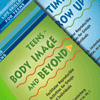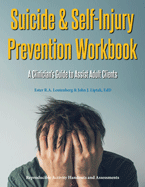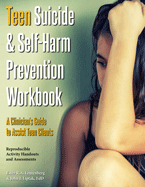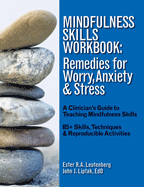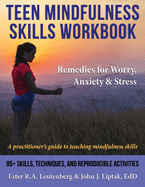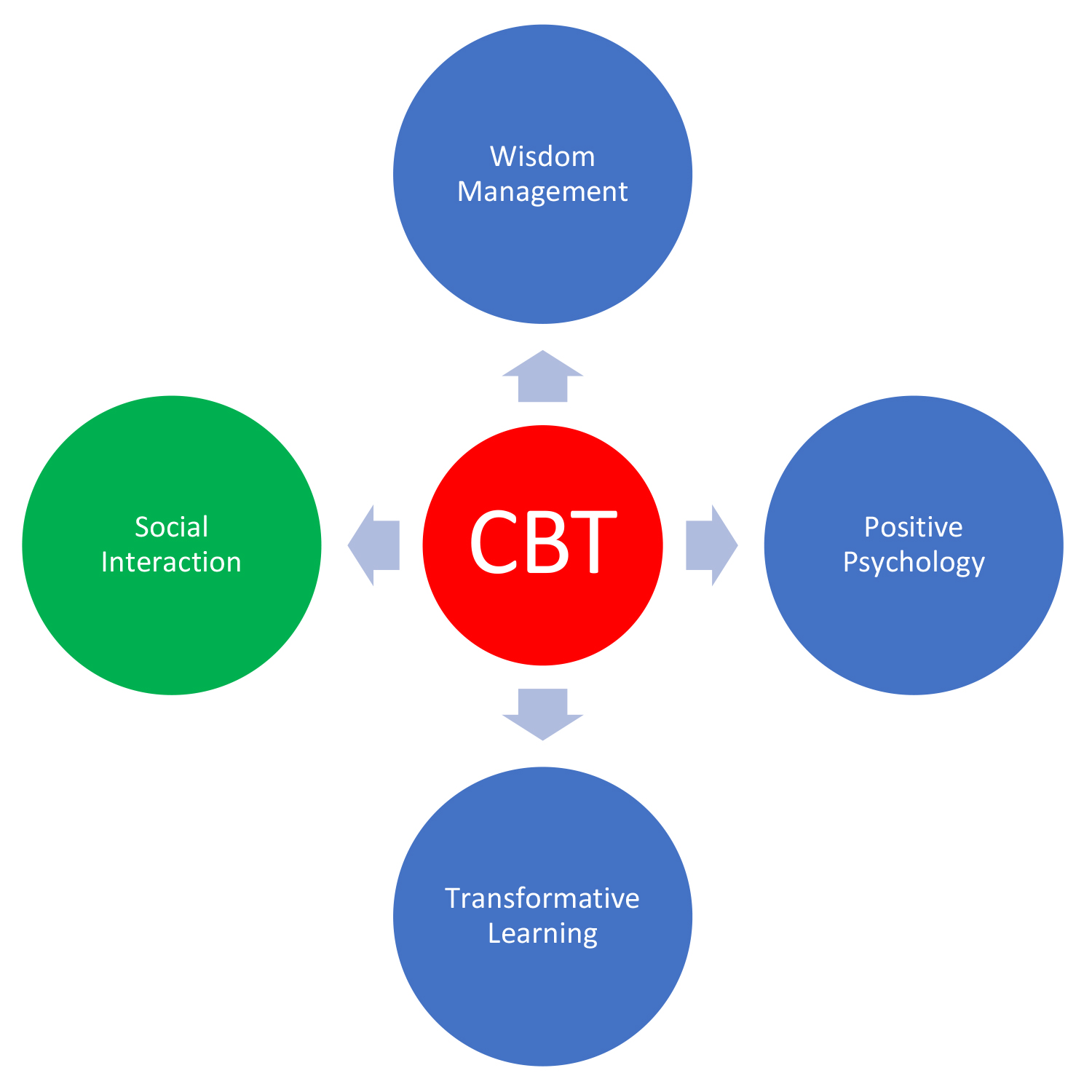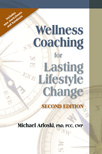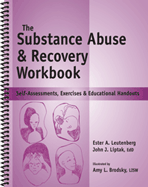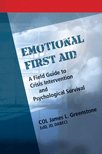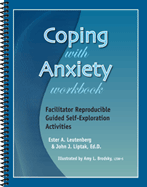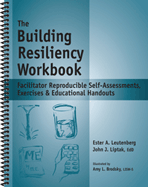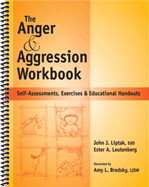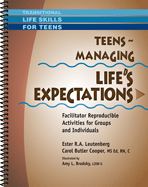- Shop
- New Releases
- Alphabetic Product List
- By Author
- Ali, Ray
- Ardell, Donald
- Arloski, Michael
- Babior, Shirley
- Beaudoin, Marie-Nathalie
- Belknap, Martha
- Berkovits, Sarah
- Brodsky, Amy
- Butler, Carol
- Cash, Kathy
- Clark, Carolyn Chambers
- Collins, Bonnie
- Feinberg, Barbara G.
- Ferguson, Jacquelyn
- Gesell, Izzy
- Goldman, Carol
- Greenstone, James L.
- Jasheway-Bryant, Leigh Anne
- Kelly, Joe
- Khalsa, Kathy
- Kreitlow, Burton and Doris
- Leutenberg, Ester
- Liptak, John
- Loy, Marty
- Lusk, Julie
- Morris, Carroll
- Negley, Sandra
- Piszczek, Esther
- Queen, Sandy
- Schein, Deborah
- Schwartz, Andrew
- Seaward, Brian Luke
- Sippola, John
- Torney, Donna
- Tubesing, Donald
- Tubesing, Nancy
- Walden, Sue
- Wildes, Lyle
- Zamore, Fran
- Categories
- Anger Management
- Anxiety
- Audio
- Behavioral Addictions
- Biofeedback
- Card Decks
- Coloring Books for Adults
- Coping
- Counseling Resources
- Depression
- Emotional First Aid
- Erasing Mental Health Stigma
- Family and Relationships
- Grief
- Guided Imagery
- Healthy Living Tools
- Help Kids Cope
- Icebreakers
- Mental Health and Life Skills
- Mind-Body Wellness
- Positive Psychology - The Hope Series
- Professional Development
- Ready-To-Run Workshops
- Relaxation Audio
- Relaxation Books
- School Counselor Resources
- Self-Help
- Senior Mental Health and Well-Being
- Spanish Language Resources
- Stress Management
- Suicide Prevention
- Teen Mental Health and Life Skills
- Teen Resources
- Teens - Transitional Life Skills
- Training Videos
- Veterans
- Wellness Coaching
- Wellness Promotion
- Working with Families
- Monthly Special
- Bargain Bookshelf
- Catalog
- Deals
- About



